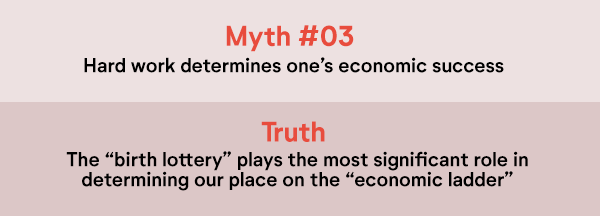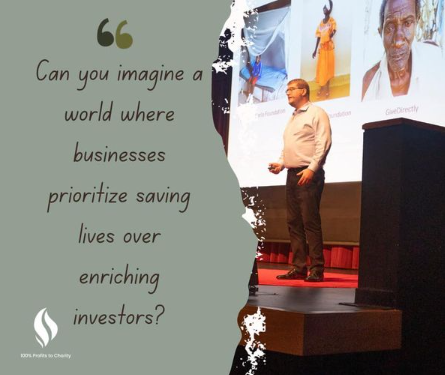
Hard work IS important to achieve one’s goals. Just one place to look for an example is any of the scientists working day and night to try and find a vaccine for COVID-19. All of them trained extraordinarily hard to be in a position to contribute to this crucial work.
Unfortunately, for the 734 million people living in extreme poverty, it takes hard work every day just to survive and cover their basic needs. For example, women globally spend 200 million work hours every day collecting water for their families—the equivalent of building 28 Empire State Buildings. Shouldn’t we be empowering people more who have the misfortune to live in the poorest parts of the world?
The Nobel prize-winning social scientist Herbert Simon estimated that around 90% of what people earn is based upon their social capital — the places, networks, and opportunities that make up their present circumstances. It’s a hugely uneven playing field, where some of us are much more empowered than others, from the moment we’re born, to solve our own problems.
Supporting the work of our recommended nonprofits can’t level the playing field, but it can save lives, reduce suffering and empower livelihoods. Donating is also a concrete way to make a difference in people’s lives at a time when it seems that we are powerless in the face of the virus and other forces that we witness daily.
To save lives, there is no need to wait for an anti-COVID-19 vaccine. Donate now!!
Do Good. Feel Good.



